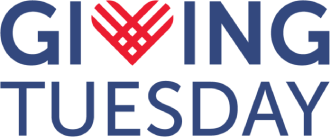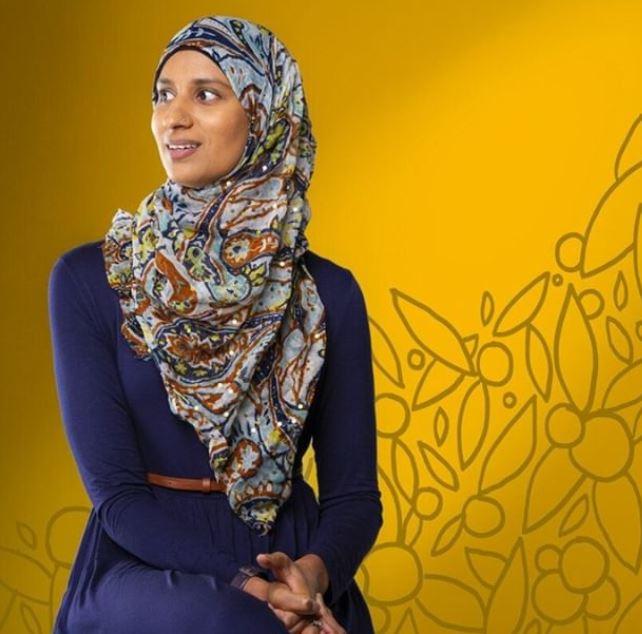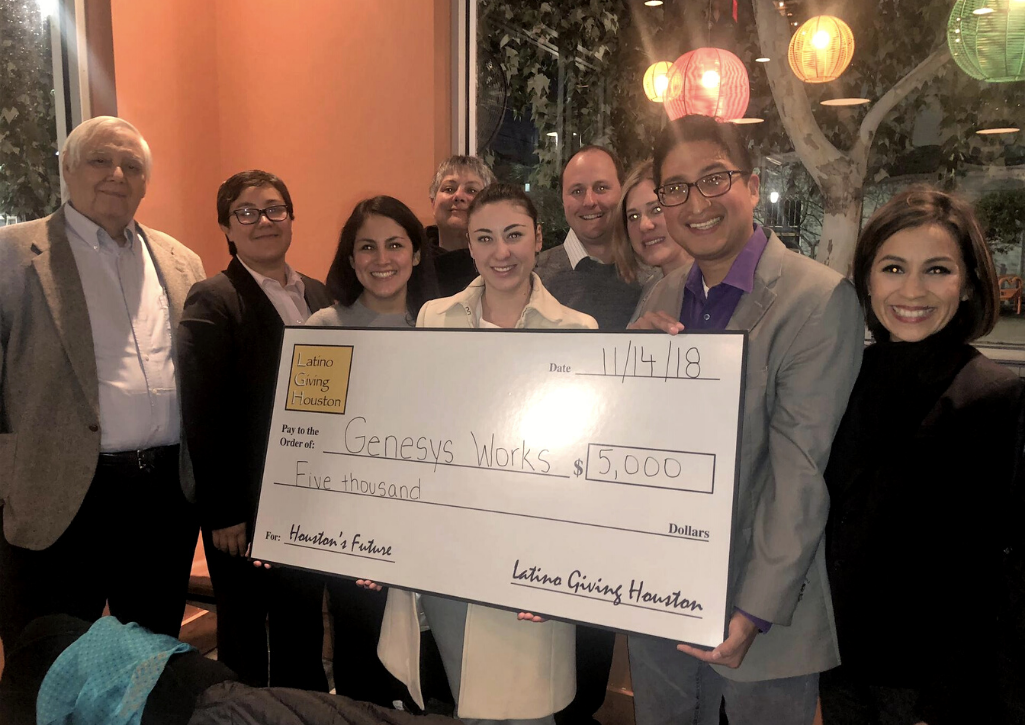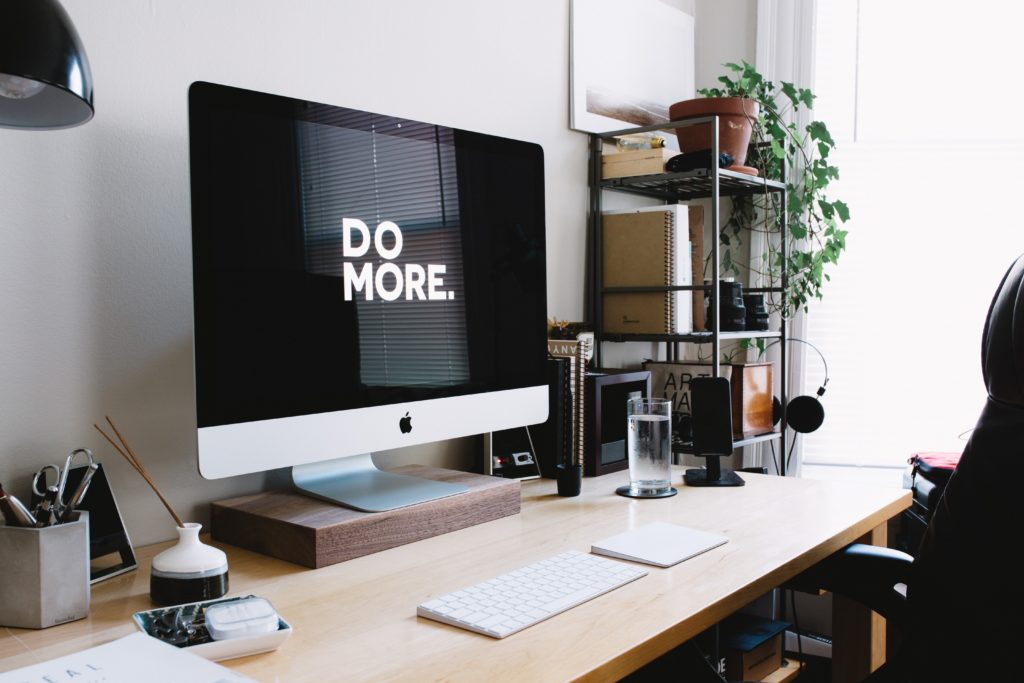An Interview With Reviving Sisterhood
This is the third in our new blog series featuring Giving Circles – groups of friends, family, and neighbors who gather to learn about issues that interest them and pool money to fund greater impact. Giving Circles are democratizing giving, shifting the power, and changing the face of philanthropy – allowing all voices to be heard and empowering anyone to become a “philanthropist.”
This week, we spoke with Nausheena Hussain, Executive Director of Reviving the Islamic Sisterhood for Empowerment, in Minneapolis, which, among other programs, started a giving circle to in order to create a culturally relevant, economically empowering, and meaningful gift giving program for their community members.
Tell us a little bit about yourself. What’s your background and how did you end up in the social good space?
I come from the corporate world and my background is in loyalty and multicultural marketing. When the housing bubble burst and the economy started to tank, I began to grapple with the ideas of selling high-end electronics while people literally don’t have houses or walls on which to put these flat screen TVs. I had a real reflection moment about my purpose in life. I moved into the social sector and took a position with a local nonprofit that works to protect the civil rights of Muslims. While I was there, I got to know some of the amazing women in the Muslim community that are doing incredible work, but nobody knows about what they’re doing. I started to think about what I could do to bring awareness to these great causes.
What inspired you to start a giving circle?
When I’d attend fundraisers for some Muslim organizations or Mosques, I’d find that women were doing all the work, but weren’t, say, on the board or leadership of these organizations. Additionally, none of these orgs were really doing the work on uncovering the root causes of systemic inequity – it was more like putting band-aids on a problem. I thought there had to be a different way. So, in 2015, I gathered a bunch of my friends to talk about what’s going on with leadership, civic engagement, and philanthropy in our community. Why are we donating money and not holding organizations accountable? We realized that we wanted to start a giving circle to address the issues we care about the most, to center our voices and lived experiences, and to impact change in our community.
How did you begin your circle?
I started by looking at all of the different models of giving within our culture – of which there are so many. Some of these models are as old as civilization. I invited a group of women into my home to explore the concept of philanthropy. We did an exercise on scarcity vs abundance. ‘When you were a kid, when did you feel that you didn’t have enough and when did you feel like you had plenty?’ It was fascinating. Someone brought up: ‘remember when you used to save the aluminum foil?’ Which resonated with a lot of us. We also asked the women to reflect on a time : ‘when you gave someone a gift, why was it meaningful?’ Then we reversed it: ‘when you received a gift, why was it meaningful?’ It was really emotional. Next, we started to talk about what issues we cared about. We decided that we wanted to invest in gender equity and anti-racism initiatives, and nonprofits that are addressing those two issues within the Muslim community. .
We did a post-it note exercise and mapped out who we knew who is working on those issues. Then we voted. In the first giving circle, we collected only $500, but the process we went through and the sisterhood that was created – that feeling of power – was incredible. Some people are stuck in the concept of “just donating;” maybe they don’t want to question what organizations are doing and why, but we really wanted to be more invested than that – we wanted to move people past discomfort.
As you mentioned, giving circles are by no means new and they’re certainly not exclusive to white American culture. I’d love to hear more about what you discovered when you researched different “giving circle” models.
Giving circles have been around in our traditions long before they were termed “giving circle.” When I began exploring what it would take to start a giving circle, I asked my colleagues about their cultural traditions in relation to philanthropy.
Asiya Mohamed, the Operations Manager of RISE, shared with me the concept of Afusha in her Oromo community. The Afusha builds economic strength through sisterhood. It’s a pay it forward model. ‘Who will help me when I need it?’ Women come together on a monthly basis, use a notebook to sign in. The membership fee can be $30- $200 per person per month. It’s an intimate setting, usually at someone’s home. The women bring cash and give it to the “treasurer.” The women decide where the greatest need is in their network. A wedding, a funeral, the birth of a child, a mosque, an illness, or an emergency back home. But, the Afusha is more than a giving circle of emergency funding. It’s a true model of time, talent and treasure. These women volunteer their time to cook for a wedding, set up for an event, bring food to a sick neighbor, checking up on that sick person. They are known to partake in the festivities of the wedding by dressing up in the same color, attending, dancing/singing and celebrating. I found the Afusha model to hold a sense of agency and autonomy. And as the elders of the Afusha continue, the younger women, fresh college grads and new moms, are stepping up and evolving the Afusha to meet the needs of their generation.
Ayaan Dahir, of the Young Muslim Collective, introduced me to Ayuuto, a savings model found in the Somali community. Ayuuto predates but addresses the injustices that Muslims are facing in banking because of false terrorism charges and narratives. Often, members of the Somali community are unable to get loans from banks, open up accounts or transfer money because of false allegations of funding terrorists. Even if they do qualify for loans, the interest rates are exorbitantly high and clash with Islamic principles. And let’s not ignore the problematic concept of credit that forces poor people to pay higher rates of interest, disqualify on home or auto loans, and exacerbates the cycle of poverty. So, Somali women, between 10-15, will pool a significant amount of money, around $1,000/month for about a year. Each month, one woman from the group receives the entire amount in that pool to apply towards the purchase of a car or start a new business. An alternative, culturally sensitive saving model to create economic stability. And unlike the concept of credit, this model takes into account the support of family, friends, and community that most of us tap into every day.
The Ayuuto concept is familiar to me in the Indian culture, known as Chiti. Chiti was something I saw my mom and her siblings participate in. Ten of them would pool money together every month. A name would be written on a small slip of paper, Chiti, and placed in the circle. The names would be drawn one by one, and recorded, who will receive the money, which month. Each month, one sibling would anticipate receiving the funds to use towards whatever major expense they had but continue to pay back into the pool over the year.
Kaltun Karani, founder and Executive Director of Hikmah Academy, helped me understand Hagbad. The Somali community is tribal based, which often times can be complicated and controversial. But during times of emergencies and giving, the tribes come together. Hagbad is a form of responsive philanthropy. A few years back, a brother was falsely arrested and his mother and brother needed to raise $100,000 in legal fees. So, they traveled from city to city, tribe to tribe, clan to clan, requesting support. When they received funds from Tribe A, they were able to share, inspire other tribes to support. In a positive notion, the tribes were competing to support and united for a real cause and need for this family and for their brother. The family was able to raise money to cover the legal fees for their brother.
Finally, I learned about the co-op model of Qubi. It’s also a payback model, usually for an urgent need but is usually invests in a new business, with the intention of a return on that investment. And ROI. The Qubi participants are like shareholders of the new business. They help the new entrepreneur get going and then the entrepreneur has a responsibility of succeeding and accountability to her shareholders.
So, economic empowerment is not a new concept in the Muslim community, perhaps the framework and the vernacular is, but we’ve been giving in circles for a while. If we make a more conscious effort in giving where we can see the most impact, perhaps we can make a bigger change in our communities on issues that directly affect us.




